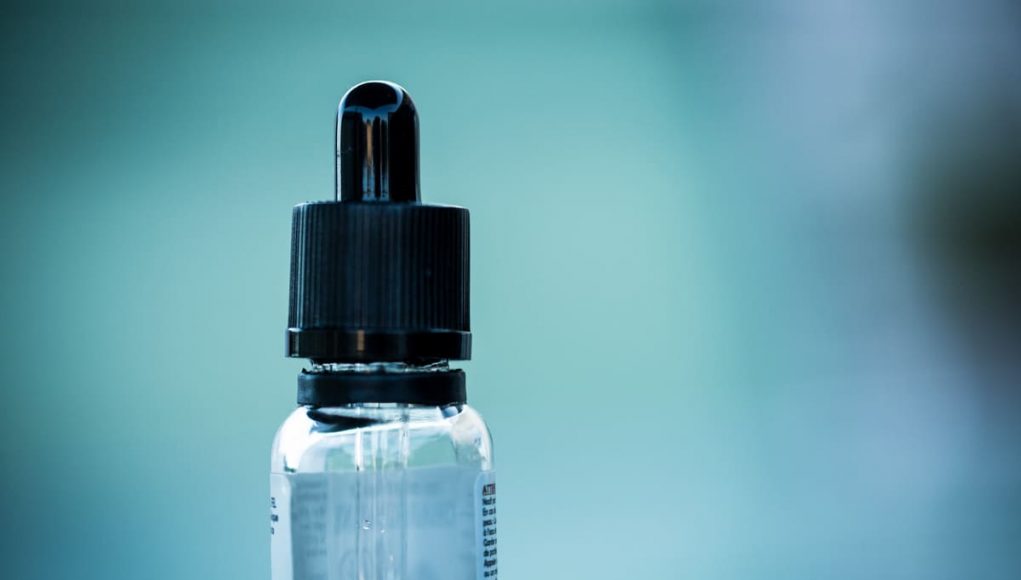Last October, Oregon Governor Kate Brown, had announced a temporary ban on all flavoured vaping products. “My first priority is to safeguard the health of all Oregonians,” said Brown at the time. The ban was meant to be valid for six months and urged state agencies to develop a plan for warning labels, ingredient disclosures, product safety testing and a campaign to discourage vaping.
The OLCC had moved to enact Brown’s order by banning all THC vape oil products containing flavour chemicals called terpenes, derived from anything but marijuana. Following this, Oakland-based company Herban Industries had sued the OLCC arguing that the ban would cause irreparable harm and the Court of Appeals ruled in favour of the business.
By February the flavour ban was killed completely. “The flavour ban is gone,” said Sen. Laurie Monnes Anderson, at the beginning of Senate Bill 1577’s work session. Monnes Anderson said she didn’t have the votes in the Senate and attributed that to a variety of concerns lawmakers had, such as the potential hit to state revenue.
A more sensible measure
“None of us expected that this was going to be part of what was going on this year,” said JT Thompson who runs Sublime Solutions, a THC distiller in Eugene. TJ Sheehy, who directs research at the OLCC, said that the agency’s aim is targeting additives from third-party companies that aren’t properly regulated. “We don’t believe that consumers should be guinea pigs,” said Sheehy.
The EVALI outbreak was linked to the consumption of illicit THC
Last November, the CDC had confirmed that the outbreak of EVALI is linked to THC oil containing vitamin E acetate, also known as Tocopheryl acetate, obtained from illegal sources. Sheehy said they’ve turned to a list of hundreds of ingredients to the U.S. Food and Drug Administration regarded as generally safe to eat, but not necessarily to inhale. Hence why the new regulations are being proposed.
“They use things like essential oils that are for perfume. Or products for ingestion. There’s no research whatsoever about what happens when you ignite or vaporize these fatty oils and you put them into your lungs,” said Sheehy. “We can’t rely on a health investigation after someone has been harmed, to isolate the problem. We really need to take a closer look at the ingredients that are going into products before they hurt someone,” he added.
Read Further: OPB








